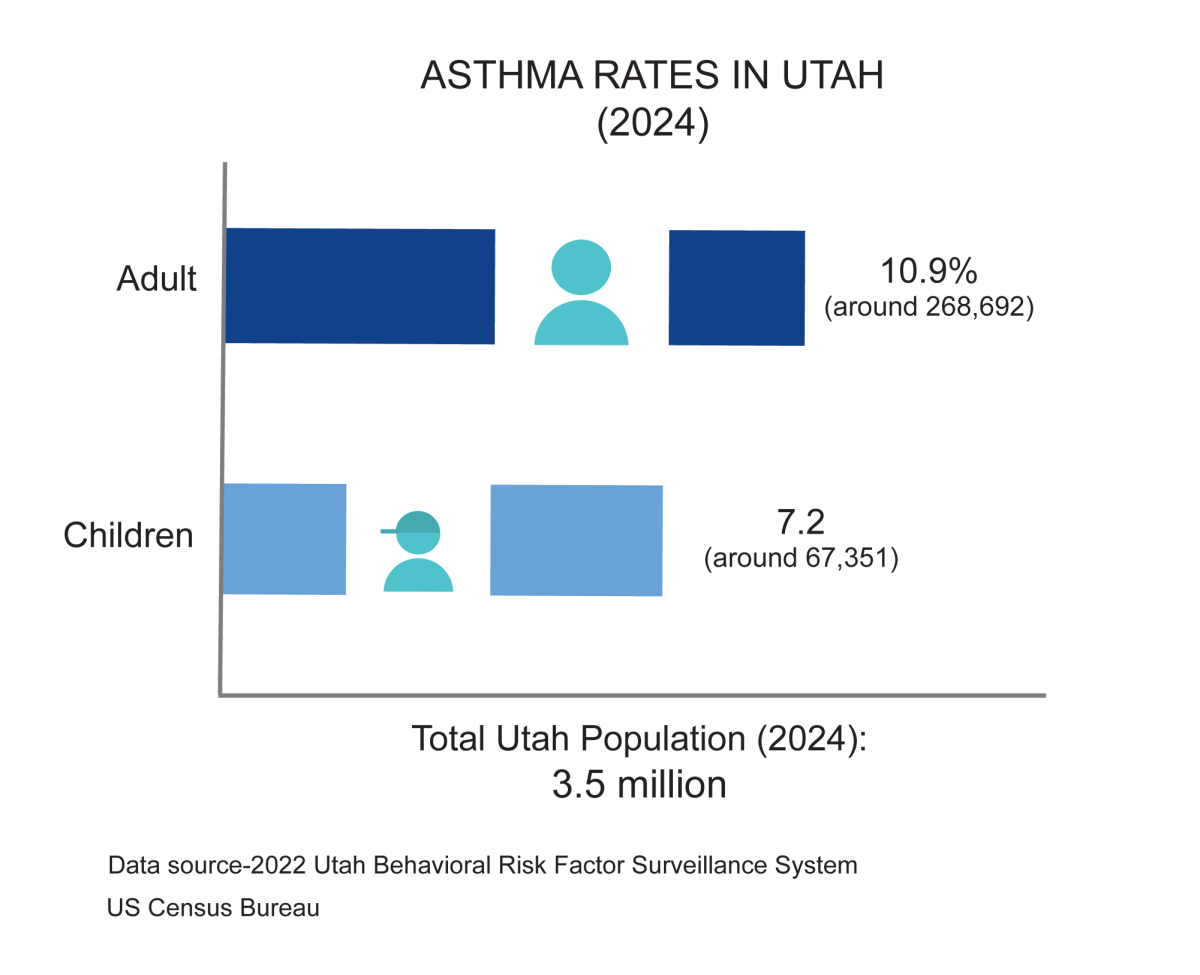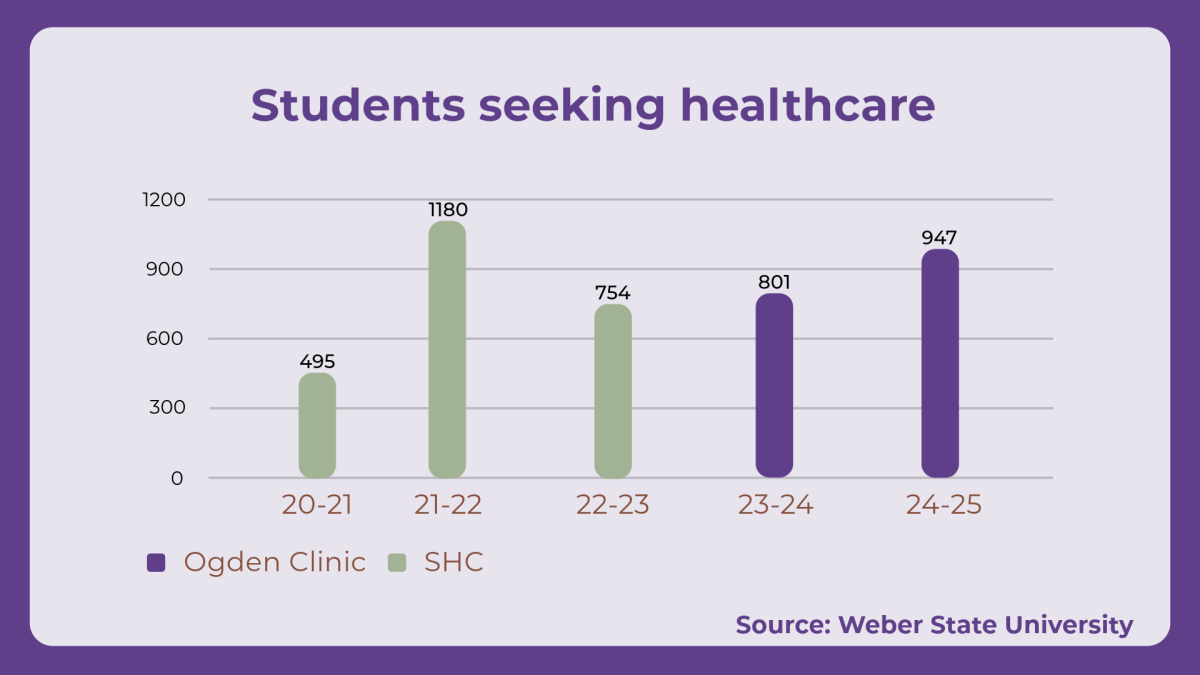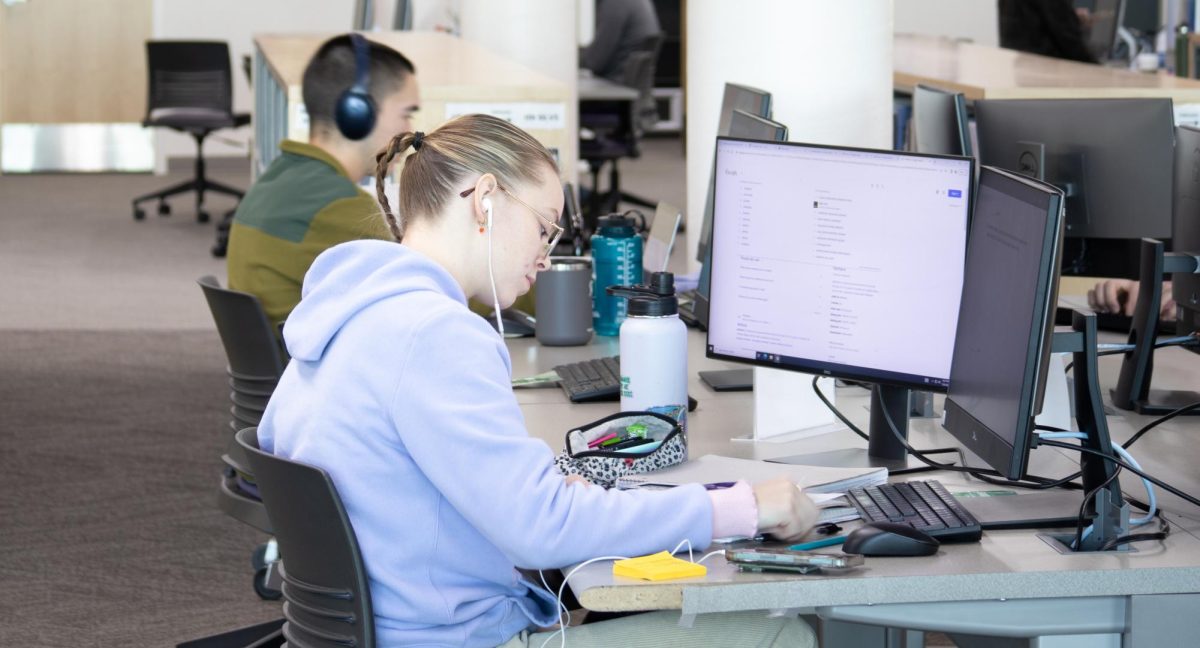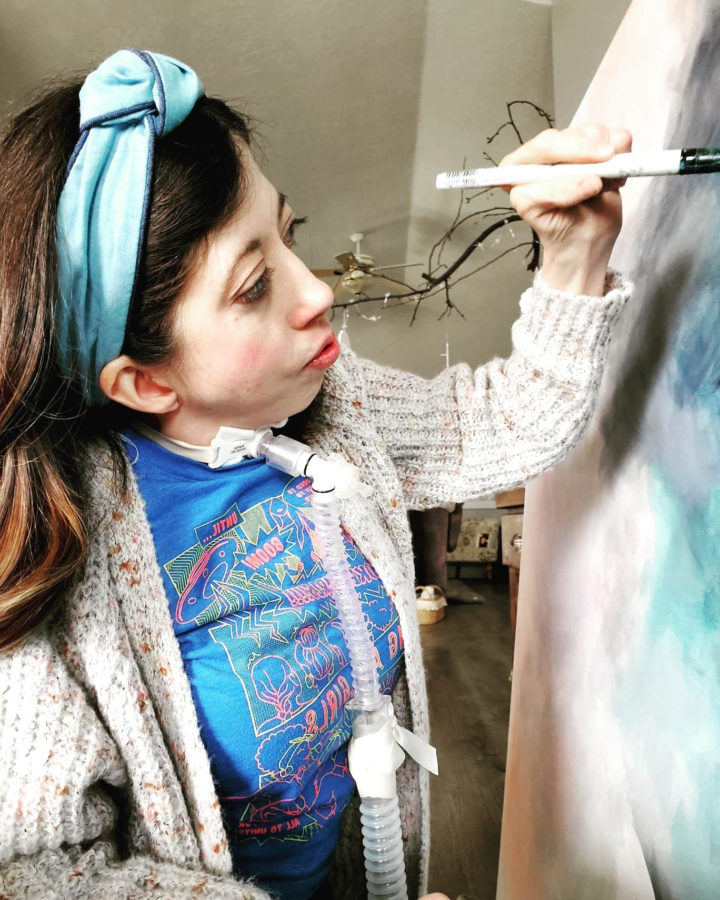
Graduation for many students means testing the waters of life outside college. But for senior Emma Bentley, testing the waters was part of her undergraduate research.
Bentley, who has put time and effort into testing the water in Guatemala, has spoken at different schools about her findings.
“I went to Guatemala — it was last October. So the idea that I had was that I wanted to test their potable water sources, which is water that is safe to drink,” said Bentley, senior and microbiology major. “In Guatemala, anything that I could that I found, like a sink or a water jug, then I would take a water sample. I collected water samples and then plated them on a sort of culture media.”
Bentley said she was interested in doing some research. She went to Guatemala on a humanitarian mission and decided while she was there to test the water. Her research paper was published in WSU’s undergraduate research journal, Ergo.
Bentley has presented her project five times. She gave an oral presentation at the American Society for Microbiology’s national branch meeting hosted by Brigham Young University in March, and won an award for her presentation.
“She had scheduled this trip and not only wanted to perform the humanitarian and sightseeing part, but wondered if there was any way she could do some interesting research,” said Craig Oberg, microbiology professor and Bentley’s mentor. “We figured out a way to do some research that I think had an interesting outcome and could initiate some positive returns.”
Bentley and Oberg wanted to see what was in the water that Guatemalans consume, as well as discover where the water was clean and where it was not. Oberg said they tried to isolate the organisms from the water so that they could make an assumption on the impact of the water.
“I came in after she had done all of the work. She and Dr. Oberg organized this, and my involvement was subsequent to the sampling,” said Karen Nakaoka, microbiology professor. “I basically helped her work up the samples and helped her identify some of these organisms. I think she has done an amazing amount of work and hopefully has learned a lot from the process.”


Bentley’s results concluded that the water in Guatemala did not contain the same water-borne pathogens found in the U.S. Some of the organisms found in the water there could cause health problems for people consuming the water.
The water in the major cities seemed to be much safer than the waters in the rural areas. Rural water that locals thought safe to drink ended up being harmful. Bentley recommended that people in rural areas treat their water before consumption or have a supply of bottled water on hand.
“It has been awesome and a really great experience,” Bentley said. “I hope that other students get interested in research, because there are a lot of opportunities. I would have never been able to speak publicly like this and get the hang of talking to complete strangers like that if I hadn’t done this. Overall, it has been a really great learning experience.”















